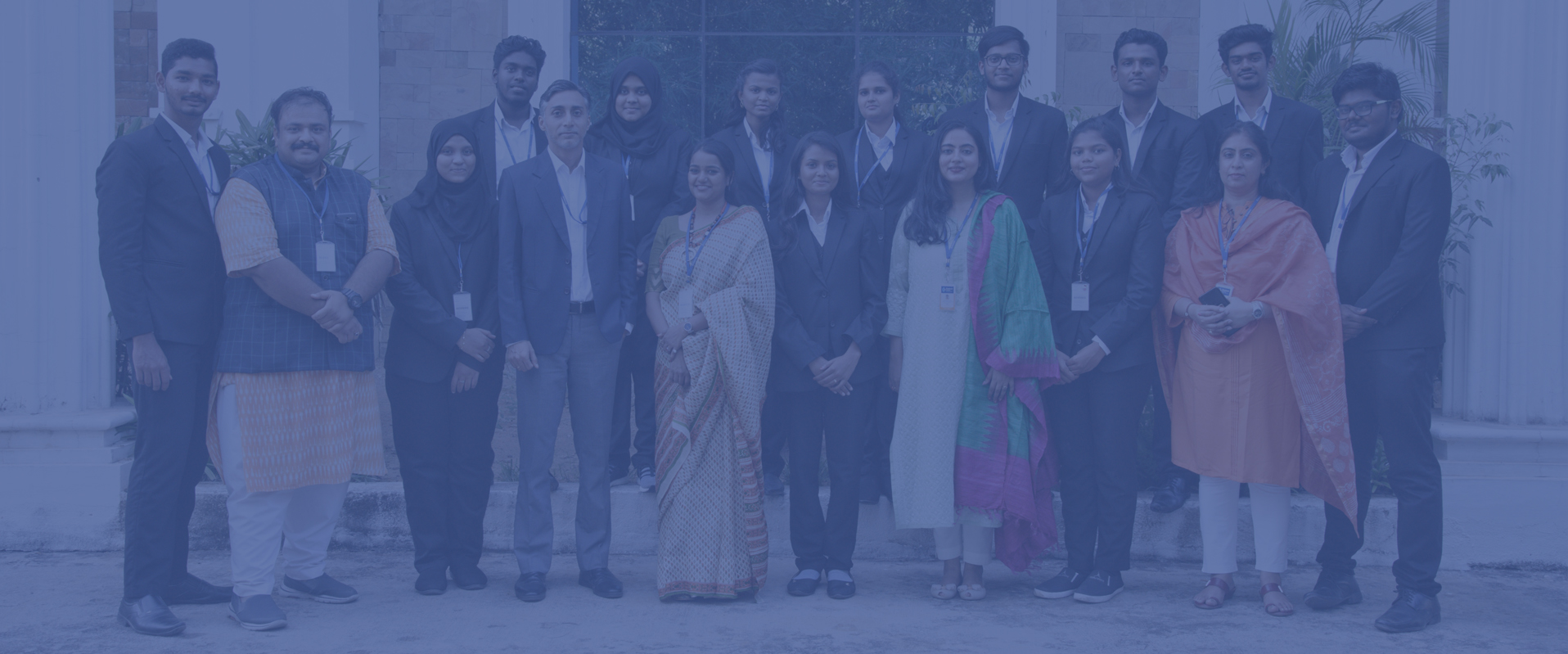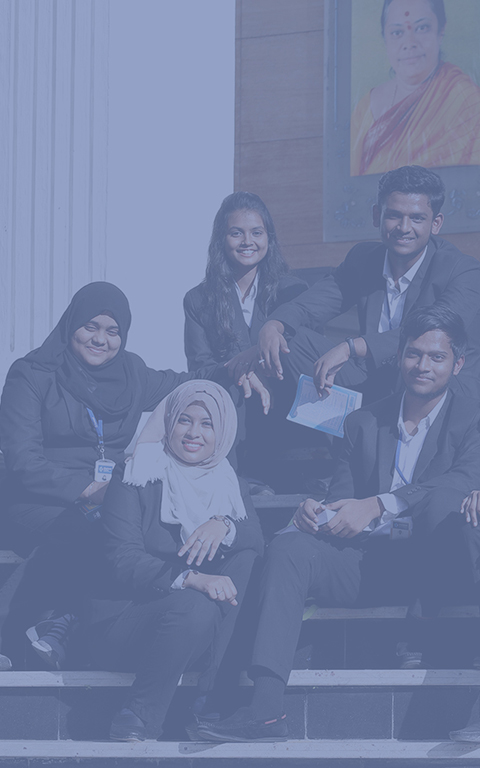CARE has extensive facilities for student and faculty use, unique to each discipline. We offer well-equipped classrooms, labs and spaces that make the CARE a vibrant place to study and grow.
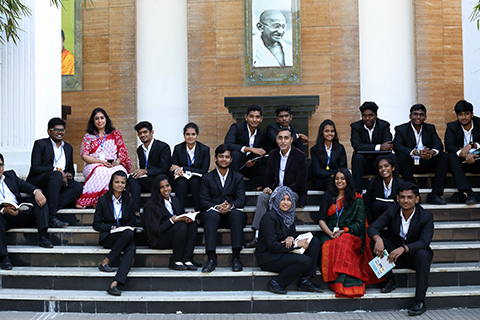
EXPLORE FACILITIES

Moot Court basically means a replica of a real court where legal proceedings, trials take place and act as professionals and take up all the responsibilities and duties according to their role to see their ability to think creatively and answer convincingly when questioned and show their oratory, writing and persuasive skills. Mooting teaches students to ‘think like a lawyer’, i.e. to analyze problems logically, applying the facts of a problem to the law and presenting complex legal arguments simply and concisely. It assists students to develop skills in written and oral communication, legal research and advocacy, to gain self-confidence and to build character. Mooting assists students to understand courtroom processes and how to run a case. The School of Law organizes regular mooting activities specifically for certain subjects as specified in the academic calendar. The School of Law also plans to organize a National Level Moot Court Competition to mark its presence in the national mooting arena. In order to promote the mooting culture the School of Law dedicates itself to a policy of sending their students to various moot court competitions across the country and abroad.
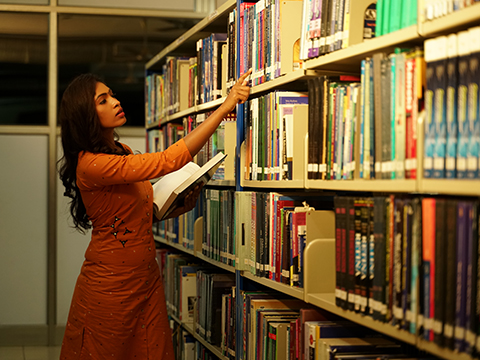
Spread over 32,000 sq. ft., the library is well-stacked with the latest editions of professional books (both Indian and International),
magazines and journals. In tune with the times, a virtual library with internet access, Medlar search facilities, media resource services,
computerized database access and E-access are also available for journals and – e books .
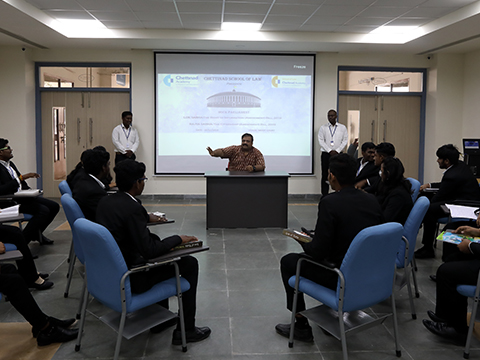
Eleven state-of-the-art (gallery type) lecture theatres, with equipped latest audio visual aids in addition to 50 classrooms and 29 laboratories.

Chettinad School of Law encourages the students to instill the skill of critical thinking and excellent oratory skills. In that direction, various debate competitions / activities are organized on various contemporary legal issues.
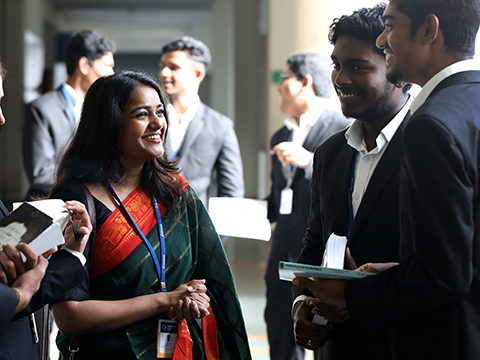
One of the key highlights of Chettinad School of Law is that it offers regular Capsule Courses in the undergraduate and postgraduate programmes. These courses are designed to enrich the students in various specialized domain of law by expat faculties. In the academic year 2019-20, it has successfully organized two capsule courses on Jurisprudence and Comparative Constitutional law.
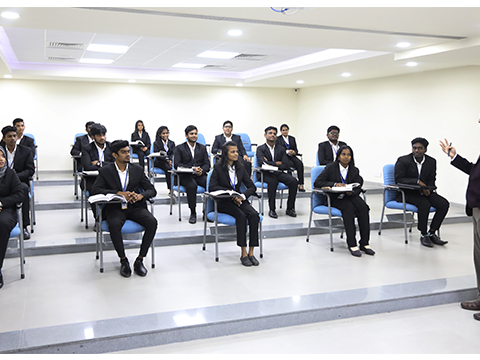
Chettinad School of Law follows a rigorous internship schedule by offering mandatory summer and winter internships every year. The School has a dedicated Internship protocol which the students have to follow right from their first semester onwards. These internships are documented with the help of an Internship Diary given to the students on the very first day of the session. The School Internship Cell dedicatedly works for providing internship ranging from NGOs, Civil Societies, Trial Courts, High Courts, Supreme Court, reputed Law Firms and Corporate Houses.

An Eco-friendly Campus is a place where education is coupled with environmental friendly practices
to promote sustainable and eco-friendly practices. The green campus concept offers an institution the opportunity to take the lead in redefining its environmental culture and developing new paradigms by
creating sustainable solutions to environmental, social and economic needs of the mankind.
- Around 50 Acres of Greenery
- Over 7000 Trees
- Over 100 Species of Plants and Trees
- Nearly 10 Acres of Landscaping
- Green walls (with plants)
- Motor Vechicle Restricted Area
- Cycles for Students and Patients’ Attenders
Battery operated Car for visitors commuting
Saving Energy
- Waste Water Management
- Solid Waste Management
- Rainwater Harvesting
- Reducing the Hard Readout
- Material towards making Offices Paperless
- Energy Audit
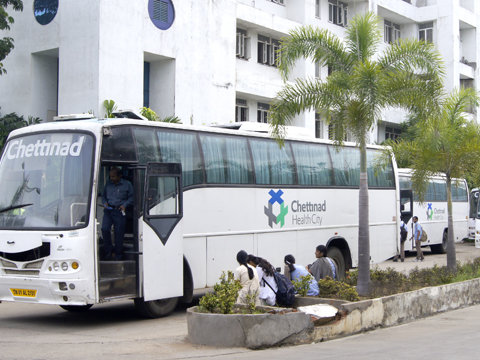
Comfortable and convenient air-conditioned bus transport is provided to the students residing in &
around the city of Chennai, for easy transportation to the institute and back. Pollution free battery
driven vehicles are operated for transport within the campus. In addition bicycles are available for use
within the green zone areas of the campus for students & faculty.
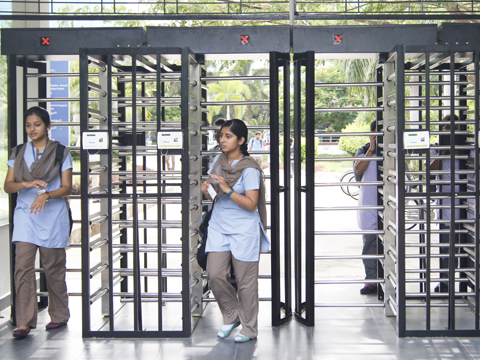
Closed-circuit television (CCTV), also known as video surveillance is the use of Video Cameras to
transmit a signal to a specific place, on a limited set of monitors. Through point-to-point (P2P),
point-to-multipoint (P2MP), wired links every inch of the campus is monitored from Single Point.
over 600 cameras have been installed in the campus.
Round the Clock Security Personnel : Nearly 68 Security Personnel have been deployed at various sensitive points all over the campus who manually check visitors, when needed and control movement of vehicles inside the campus. Scanners at appropriate places enable curtailing students carrying mobile phones inside the Lecture Halls and Class Rooms.
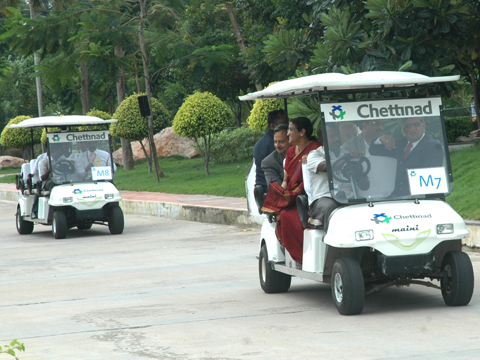
Electric cars run on electrically powered engines and hence there is no need to power or lubricate the
engines with hydrocarbons. The maintenance cost of these cars is very minimal compared to that of a
conventional Fuel Operated or a Hybrid Car. Electric cars put curb on noise pollution as they are much quieter. Electric motors are capable of providing smooth drive with higher acceleration over longer distances. Increased transportation efficiency is the best place to start efforts to reduce emissions of carbon dioxide (CO2), which is the primary cause for global warming.

The University area of the campus is completely cordoned off from the Hospital block wherein, only
Students and Staff can gain entry into the University. 14 Nos. Turnstiles are installed at various
locations of the line separating the Hospital and the University. Visitors and Contract Workers are
prompted to register their identity and the place where they want to visit and whom to visit and will be
allowed to gain access to the University area with proper guidance.
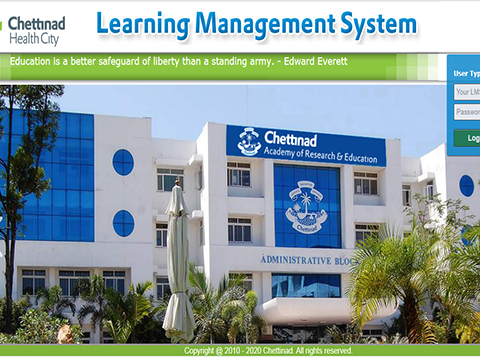
A web- based high-level, strategic solution for planning, delivering and managing all learning / teaching events including online, virtual classrooms, and instructor led course to facilitate “anytime, anyplace” access to learning content.
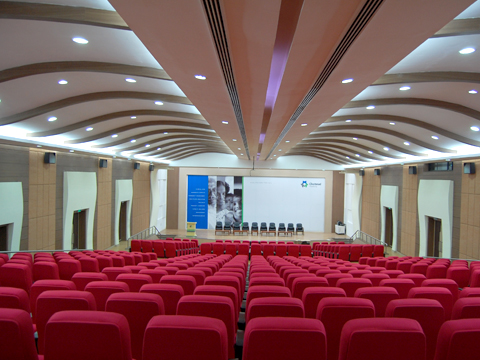
An air-conditioned auditorium with acoustics of International Standards and a seating capacity of over 1500 is available for all special functions of the University. In addition, a Mini auditorium with a seating capacity of about 400 is also available.

The campus has a full fledged Bank – Axis Bank, with an Extension Counter where payment of Students’ Fee is routed through. With the general Public being able to make use of this bank it becomes easier for the Patients’ Visitors to make use of the ATM facility of this bank for the Hospital expenses. Besides, a HDFC ATM also functions inside the premises.
Black Water from the Toilets and Grey Water from the Canteen and Laboratories are treated in our
Sewage Treatment Plants (capacity of 2×600 KLD) – One of SURFACE AERATION TYPE and the
other of MBBR TYPE. A total of 1.2 MLD of sewage is being treated per day with 1.1 MLD of Treated
Water Generated. In this way all the sewage (100%) generated is being treated in the 1.2 MLD Capacity plant. The treated water of this plant is used entirely for the campus’ Garden Watering. A part of this treated water is softened and is used as a make-up water for the Cooling Towers of our A.C. plant. The sludge generated out of treatment of Sewage is used as manure after drying. This way our campus makes best use of Recycled Water.

A 5 KL / Hr. RO Plant is under operation in our Campus. On an average 750 Bubble Top Bottles are
bottles in this plant and is used in our premises. This plant also caters the needs of Drinking Water of
other Group Companies.



